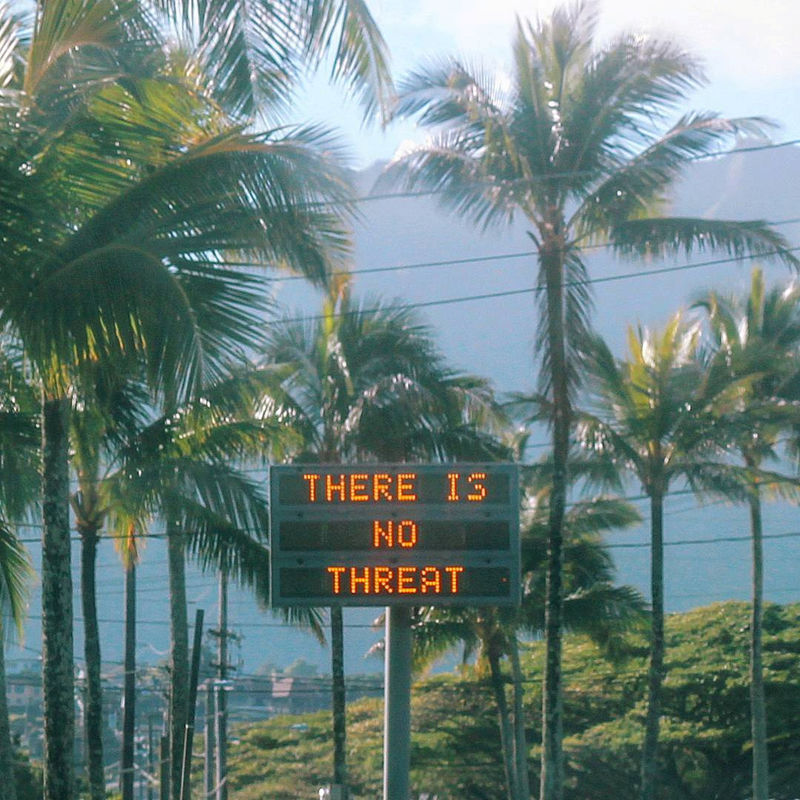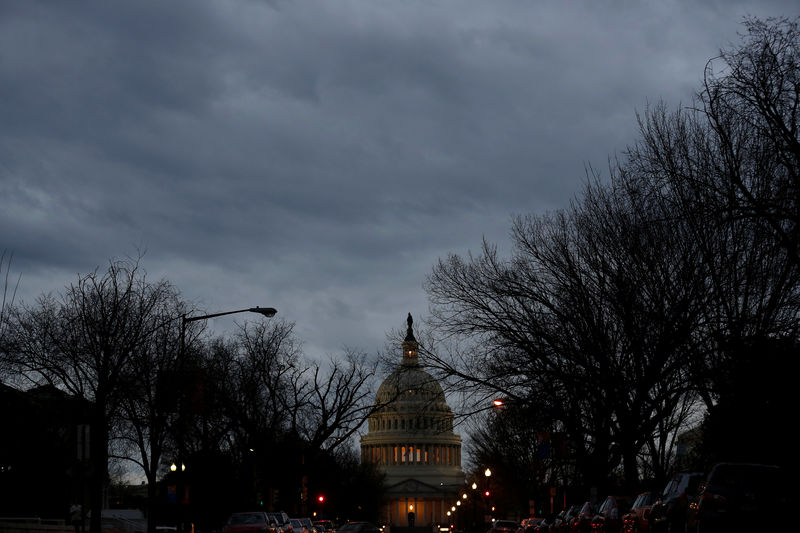By David Shepardson
WASHINGTON (Reuters) - U.S. Senator Brian Schatz of Hawaii said on Thursday that state and local governments should be prohibited from sending missile alerts like the errant warning that stirred hysteria across his state earlier this month.
Also at a Senate Commerce Committee hearing about the blunder, a federal regulator disclosed that the state civil defense employee who mistakenly activated the alert during a drill has refused to speak with investigators.
Schatz, a top Democrat on the committee, told the hearing he was introducing legislation to make clear only the federal government is authorized to send nuclear alerts to the public.
A spokesman for the Hawaii Emergency Management Agency (HEMA), which transmitted the false alarm, said state officials were open to exploring Schatz' proposal.
Under the current system, the state is only supposed to transmit a nuclear attack warning to the public if notified by the U.S. military's Pacific Command of an inbound missile, according to the spokesman, Richard Rapoza.
He said similar federal-to-state "handoff" arrangements exist for electronic warnings to the public of impending natural disasters, such as tsunamis and hurricanes.
"If Sen. Schatz wants to revisit that, then we'd be happy to discuss it with him," Rapoza told Reuters by telephone.
The false alarm, which went uncorrected for 38 minutes after being transmitted to mobile phones and broadcast stations, caused widespread panic across the Pacific island state. The Jan. 13 scare came amid heightened tensions over North Korea's ballistic nuclear weapons program.
State authorities have acknowledged human error and a lack of adequate fail-safe measures were to blame and vowed to correct deficiencies.
The erroneous message was sent when a HEMA employee made the wrong selection from a "drop-down" software menu, choosing to activate a live missile alert instead of an internal test alarm, state officials have said.
One protocol change is requiring two individuals to sign off on transmitting tests or live alerts. Another makes false-alarm notices easier to issue.
The Federal Communications Commission bureau chief overseeing public safety, Lisa Fowlkes, praised state cooperation with the FCC probe but said she was "disappointed" that the employee found at fault had refused an interview. "We hope that person will reconsider," she said.
The employee remains reassigned from his previous post as a warning systems officer, but no other staff changes or disciplinary actions have been made, Rapoza said.
"We encouraged all of our employees to cooperate with all the investigations, but what an individual does comes down to their own personal choice," Rapoza said. "We’re disappointed that this person is not cooperating."

Further electronic alert drills remain suspended, but monthly tests of Hawaii's newly reinstated air raid siren warnings for a missile attack will continue as scheduled, with the next one set for Feb. 1, Rapoza said.
